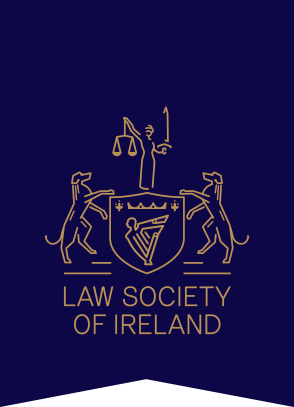The Companies Bill 2012 (“the Bill”)
Company Law in Ireland will come under substantial reform with the enactment of the Companies Bill 2012 (“the Bill”). The Bill was passed by the Dáil earlier this year and succeeded the Seanad Committee stage in June. Although an extensive piece of legislation, currently comprising 1445 sections, the Bill for the most part merely consolidates existing legislation, with a brief selection of the more relevant changes outlined below.
Focus : The Private Company Limited by shares (LTD)
The Bill is separated into two volumes, the first volume and first fourteen parts dealing exclusively with the private company limited by shares, which will be the template from which all other types of company are defined. The main alteration in regards to the former LTD company is the removal of the obligation of an objects clause set out in the memorandum and articles of association of the company, and for said memorandum and articles of association to be replaced by a new Constitution for the company. In this way, companies registered as private companies limited by shares, now CLS, will not be bound to act in accordance with objects previously set out, and are free to operate in an unlimited capacity. While this freedom is attractive for many companies, it may not be appropriate or desired in all cases, hence the establishment of a new company form, the DAC.
New Form: The Designated Activity Company (DAC)
The designated activity company is a private company limited by shares (or by guarantee), that does adhere to an objects clause that limits the company’s activities to those set out in its memorandum and articles of association. Under the provisions of the Bill certian types of company must re-register as a DAC, for example all licensed banks, credit institutions or insurance undertakings, or any corporate form that lists debt securities on the stock exchange. A company must register as a DAC at the request of 25% of their members. Parts 1-14 of the Bill govern the functioning of the DAC also, other than where specifically modified or disapplied by Part 16 of Volume II.
Transition and Registration
The Bill allows for an 18 month transition period during which companies can chose to register as either CLS or DAC, or of course PLC, private company limited by guarantee or any other form dealt with under the Bill. All companies must however parttake in registration. If registration has not been completed by the end of the 18 month period, which can be extended in certain circumstances, the company will be deemed to have become a CLS, taking the existing memorandum and articles of association as the new constitution, with the exception of any objects clause. There are many different methods of registration depending on what type of company is to be registered, and specifically in relation to the DAC whether the decision to change was based on obligation, resolution or where the members require it. Advice should be sought before registration however registration is not final during the transition period and companies may re-register multiple times until they are satisfied with their corporate form.
The 2012 Bill also makes extensive modifications to the law in relation to secured lending, directors duties, categorisation of offences and capacity and authority of agents, in particular.
Niall Colgan is a Cork based Solicitor with over 10 years experience in private practice. This Blog was co-written with Maura Kavanagh a final year law and french student at UCC.











